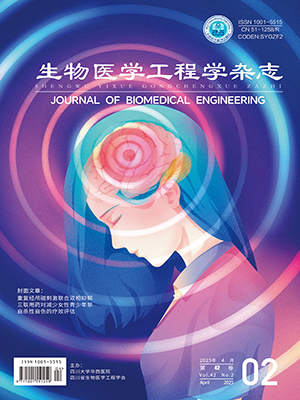How to improve the performance of circulating tumor DNA (ctDNA) signal acquisition and the accuracy to authenticate ultra low-frequency mutation are major challenges of minimal residual disease (MRD) detection in solid tumors. In this study, we developed a new MRD bioinformatics algorithm, namely multi-variant joint confidence analysis (MinerVa), and tested this algorithm both in contrived ctDNA standards and plasma DNA samples of patients with early non-small cell lung cancer (NSCLC). Our results showed that the specificity of multi-variant tracking of MinerVa algorithm ranged from 99.62% to 99.70%, and when tracking 30 variants, variant signals could be detected as low as 6.3 × 10−5 variant abundance. Furthermore, in a cohort of 27 NSCLC patients, the specificity of ctDNA-MRD for recurrence monitoring was 100%, and the sensitivity was 78.6%. These findings indicate that the MinerVa algorithm can efficiently capture ctDNA signals in blood samples and exhibit high accuracy in MRD detection.
Citation: YANG Piao, ZHANG Yaxi, XIA Liang, MEI Jiandong, FAN Rui, HUANG Yu, LIU Lunxu, CHEN Weizhi. MinerVa: A high performance bioinformatic algorithm for the detection of minimal residual disease in solid tumors. Journal of Biomedical Engineering, 2023, 40(2): 313-319. doi: 10.7507/1001-5515.202303039 Copy
Copyright © the editorial department of Journal of Biomedical Engineering of West China Medical Publisher. All rights reserved
-
Previous Article
Macroscopic and mesoscopic biomechanical analysis of the bone unit in idiopathic scoliosis WANGZhaoyao, FU Rongchang, MA Yuan, YE Peng -
Next Article
Application of automatic injection device based on automatic hemostasis in injection of radiopharmaceutical bolus injection LIJin, FAN Wenhong, MA Jianxiong, ZHOU Wei, PANG Xinxin, TIAN Cungui, YANG Guohui, WANG Yan, ZHAO Na




